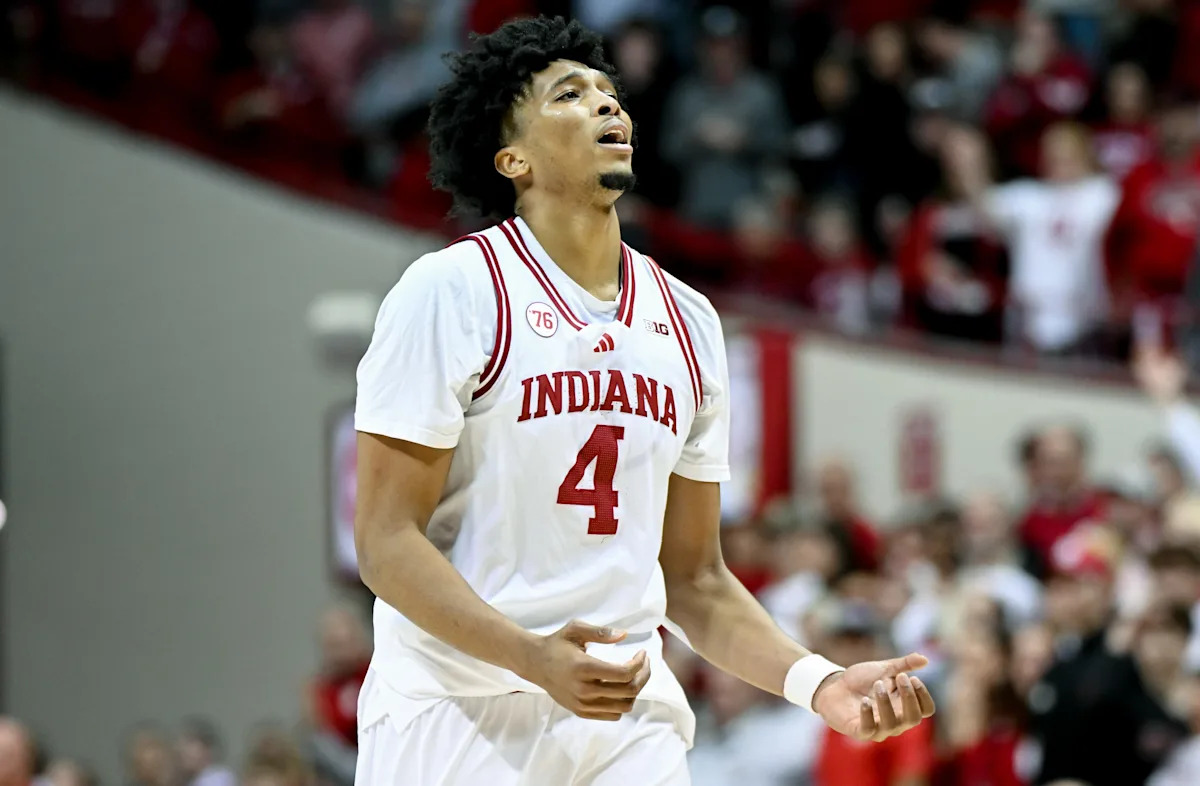The NCAA announced that it is chasing violations of sports betting rules involving 13 athletes at six college basketball programs: Arizona State, Eastern Michigan, Temple, New Orleans, North Carolina A&T and Mississippi Valley State. The NCAA’s enforcement staff allegedly uncovered some student-athletes “betting on and against their own teams,” alongside other point-shaving allegations.
This comes on the heels of Fresno State’s Mykell Robinson and Jalen Weaver, in addition to San Jose State’s Steven Vasquez having their eligibility permanently revoked earlier this week for gambling on themselves.
“Through the NCAA’s extensive integrity monitoring program and network of sources, the enforcement staff became aware of unusual betting activities around regular-season games played by these teams,” the NCAA announced in a release. “The enforcement staff followed up on those reports and substantiated — in some cases, via text messages, direct messages on social media platforms and other material evidence — that violations had occurred.”
The NCAA noted that the schools and current coaching staffs are “not alleged to have been involved in the violations.”
Arizona State is the only power-conference school connected to the NCAA’s probe as of now. The men’s basketball program was previously embroiled in a point-shaving scandal in men’s basketball in the mid-1990s when one of its best players, Stevin “Hedake” Smith, conspired with teammate Isaac Burton to point shave in select games for an on-campus bookie in exchange for tens of thousands of dollars.
The school provided a statement to CBS Sports on Thursday: “Arizona State University is aware of the NCAA investigation and outcome related to a former student-athlete who is no longer enrolled at ASU. The university cooperated fully with all inquiries, and was not implicated in any way.”
The former Arizona State player who is alleged to have engaged in impermissible gambling activity is BJ Freeman, a source told CBS Sports’ Matt Norlander. Freeman was a shooting guard who averaged 13.7 points, 3.9 rebounds, 2.6 assists in 22 starts before being kicked off the team in late February due to what ASU disclosed at the time was conduct detrimental to the program. Freeman, who began his career at Milwaukee, publicly announced his commitment to UCF in late April, but the school never acknowledged he was a part of its program.
The lead-up to Thursday’s fallout has been well-documented. Hysier Miller, Temple’s leading scorer in 2023-24, was investigated for alleged point-shaving. Miller, who transferred to Virginia Tech ahead of the 2024-25 season, was dismissed from the Hokies before playing a single game.
Accounts connected with a gambling ring that is under federal investigation for its participation in two NBA betting cases were also tied to “unusual wagering activity” on North Carolina A&T, Mississippi Valley State and Eastern Michigan last season. North Carolina A&T suspended three basketball players — including the top two scorers on the season (Landon Glasper and Ryan Forrest) for “violating team rules” last January, but Glasper told CBS Sports that he “never gambled.” Glasper transferred to Southern Miss last spring, while Forrest is still in the transfer portal.
The same accounts linked in the probe were also involved in suspicious betting activity that placed large wagers on prop bets involving former Toronto Raptors forward Jontay Porter during the 2023-24 season and former Hornets guard Terry Rozier in 2023, ESPN reported. Porter was booted from the league, while Rozier has still not been charged or directly accused of wrongdoing.
“The NCAA monitors over 22,000 contests every year and will continue to aggressively pursue competition integrity risks such as these,” NCAA President Charlie Baker said in a release. “I am grateful for the NCAA enforcement team’s relentless work and for the schools’ cooperation in these matters. The rise of sports betting is creating more opportunity for athletes across sports to engage in this unacceptable behavior, and while legalized sports betting is here to stay, regulators and gaming companies can do more to reduce these integrity risks by eliminating prop bets and giving sports leagues a seat at the table when setting policies.”
CBS Sports’ Matt Norlander and Kyle Boone contributed to this report.

























